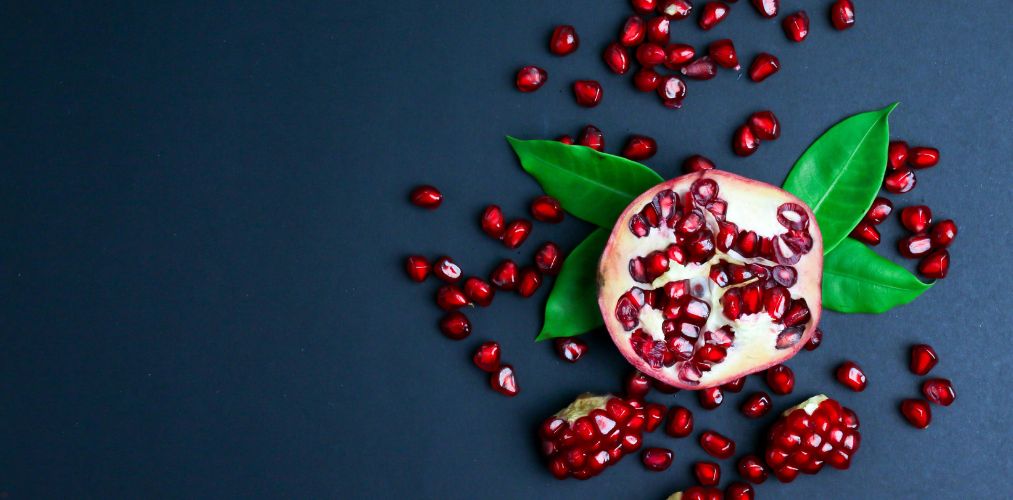Add These Foods to Your Diet for a Healthy Heart
Heart disease remains the leading cause of death worldwide, but the good news is that many risk factors can be controlled through dietary choices. Research consistently shows that what we eat plays a crucial role in maintaining cardiovascular health. Incorporating certain foods into your regular diet can help reduce inflammation, lower blood pressure, improve cholesterol levels and support overall heart function. This article will explore the most beneficial foods for heart health.
1. Fatty Fish
Salmon, mackerel, sardines, tuna and trout stand out as exceptional choices for heart health. These fatty fish varieties are rich in omega-3 fatty acids, particularly EPA and DHA, which have been extensively studied for their cardiovascular benefits. Regular consumption of these fatty acids helps reduce inflammation throughout the body, decreases triglyceride levels and can lower blood pressure.
2. Berries
Strawberries, blueberries, blackberries and raspberries pack impressive heart-protective properties into their small size. These colorful fruits are loaded with anthocyanins, a type of flavonoid (plant compound) that gives berries their vibrant color and provides antioxidant effects.
3. Oats and Barley
These whole grains contain beta-glucan, a type of soluble fiber that has remarkable cholesterol-lowering properties. When consumed regularly, beta-glucan binds to cholesterol-rich bile acids in the intestines and helps eliminate them from the body. This process forces the liver to use more cholesterol to produce new bile acids, effectively lowering blood cholesterol levels.
4. Dark Leafy Greens
Spinach, kale, collard greens and other dark leafy vegetables are nutritional powerhouses for cardiovascular health. These greens are excellent sources of vitamin K, which helps protect your arteries and promote proper blood clotting. They also contain high levels of dietary nitrates, which the body converts to nitric oxide.
5. Nuts and Seeds
Walnuts, almonds, flaxseeds, chia seeds and other nuts and seeds offer an impressive array of heart-protective compounds. They provide healthy unsaturated fats, plant sterols, fiber and various micronutrients that work together to support cardiovascular health.
Research shows that people who regularly consume nuts have lower rates of heart disease. Specific benefits include improved cholesterol profiles, reduced inflammation and better blood vessel function. Walnuts are particularly notable for their alpha-linolenic acid content (a plant-based omega-3 fatty acid), while flaxseeds and chia seeds also provide this beneficial compound along with soluble fiber.
6. Legumes
Beans, lentils, chickpeas and other legumes deliver a powerful combination of heart-healthy nutrients. Their impressive soluble fiber content helps lower cholesterol levels similarly to oats and barley. Legumes also provide significant amounts of resistant starch, which helps regulate blood sugar levels and improve gut health—factors increasingly recognized for their importance in cardiovascular protection.
7. Olive Oil
This cornerstone of the Mediterranean diet deserves its heart-healthy reputation. Extra virgin olive oil contains monounsaturated fats that help improve cholesterol levels by increasing HDL ("good") cholesterol while reducing harmful LDL cholesterol. It's also rich in polyphenols, plant compounds with potent antioxidant and anti-inflammatory effects.
8. Dark Chocolate
Good news for chocolate lovers: dark chocolate with high cocoa content (70% or higher) offers legitimate heart benefits. Cocoa is rich in flavanols, plant compounds that help relax blood vessels, improve blood flow and lower blood pressure. These compounds also demonstrate antioxidant effects that can prevent LDL cholesterol oxidation. Multiple studies show modest but meaningful cardiovascular benefits from regular dark chocolate consumption.
9. Avocados
These creamy fruits provide a unique nutritional profile that supports heart health in multiple ways. Avocados are rich in monounsaturated fats (similar to olive oil) that help improve cholesterol profiles. They also contain potassium—a mineral essential for proper heart function and blood pressure regulation.
Research indicates that regularly consuming avocados can help lower LDL cholesterol levels while maintaining or increasing HDL cholesterol. Their high fiber content (about 9-10 grams per avocado) further supports heart health by helping control weight and blood sugar levels.
10. Pomegranates
The ruby-red seeds of pomegranates contain powerful antioxidants called punicalagins and anthocyanins that provide impressive cardiovascular protection. These compounds help reduce arterial plaque formation and improve blood flow. Studies show that regular pomegranate consumption may help lower blood pressure and slow atherosclerosis progression.
Pomegranate juice has been found to reduce systolic blood pressure by as much as 5-12% in some studies. The fruit's antioxidant capacity—measured by its ability to neutralize free radicals—exceeds that of red wine and green tea, making it a particularly potent addition to a heart-healthy diet.

